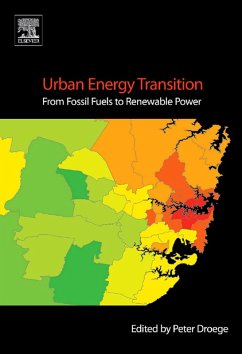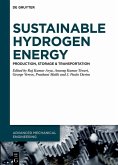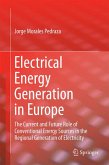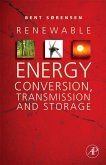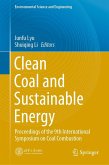This compendium of 29 chapters from 18 countries contains both fundamental and advanced insight into the inevitable shift from cities dominated by the fossil-fuel systems of the industrial age to a renewable-energy based urban development framework. The cross-disciplinary handbook covers a range of diverse yet relevant topics, including: carbon emissions policy and practice; the role of embodied energy; urban thermal performance planning; building efficiency services; energy poverty alleviation efforts; renewable community support networks; aspects of household level bio-fuel markets; urban renewable energy legislation, programs and incentives; innovations in individual transport systems; global urban mobility trends; implications of intelligent energy networks and distributed energy supply and storage; and the case for new regional monetary systems and lifestyles. Presented are practical and principled aspects of technology, economics, design, culture and society, presenting perspectives that are both local and international in scope and relevance.
Dieser Download kann aus rechtlichen Gründen nur mit Rechnungsadresse in A, B, BG, CY, CZ, D, DK, EW, E, FIN, F, GR, HR, H, IRL, I, LT, L, LR, M, NL, PL, P, R, S, SLO, SK ausgeliefert werden.

